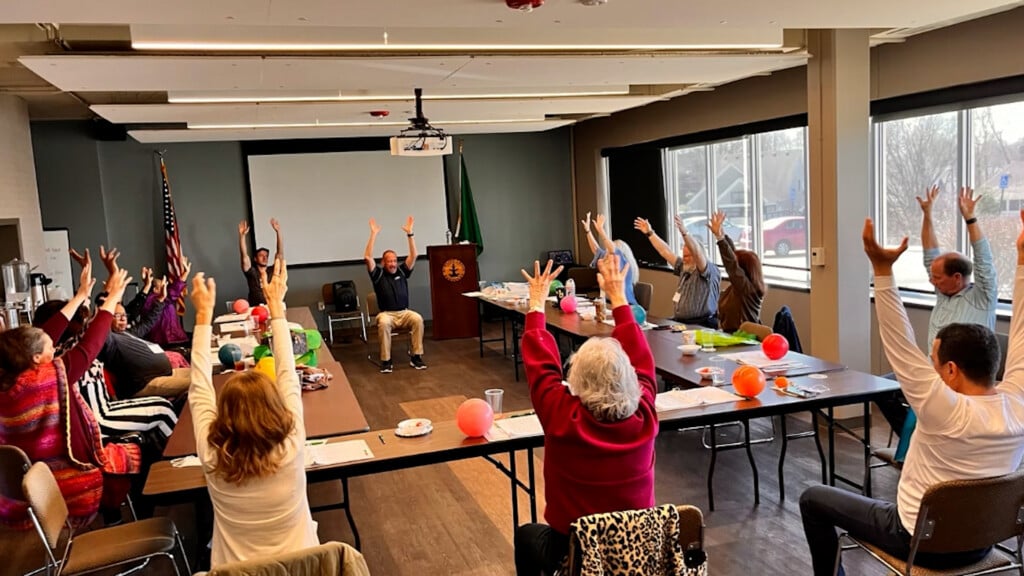What Could BG Be results spark national conversation, ‘We the People’ project
BOWLING GREEN, Ky. – Dozens of county, city and state officials gathered in Bowling Green on Monday to take a closer look at the success of the What Could BG Be initiative, which has now inspired a national project called “We the People.”
Earlier this year, What Could BG Be was a project that gave locals the opportunity to provide feedback online on what they would like to see or could expect in the Bowling Green community in 2050.
The final report from that initiative can be viewed here.
Google’s Jigsaw and the Napolitan Institute said they were motivated by the strong community engagement in Warren County and wanted to elevate the concept to a national level. U.S. Rep. Brett Guthrie said the project began by exploring how technology could help residents shape a vision for Warren County. He added that Monday’s event marked the launch of a broader attempt to spark a national conversation.
Organizers acknowledged that creating this dialogue was difficult, but they have already collected more than a million words of input.
Scott Rasmussen, president of RMG Research and founder of the Napolitan Group, said the team made mistakes along the way but ultimately built something unprecedented. The initiative invites people from Queens, Los Angeles, south-central Kentucky and Wyoming to share their diverse perspectives and needs.
Rasmussen said the variety of voices reflects the differences between wide-open rural spaces and densely populated neighborhoods. Freedom and equality have emerged as key themes as What Could BG Be expands from a local project to a national conversation. Rasmussen said he grew up in a small town and values finding common ground, even though it remains difficult in a nation often shaped by large cities.
So far, Jigsaw and the Napolitan Institute have invited all 435 congressional districts to participate. More than 2,500 Americans have contributed through complex questions and discussions about shared values.
Guthrie said the project helps lawmakers better understand their districts while also capturing the country’s broader conscience.
Organizers say this is only the beginning, with more developments expected as the United States approaches its 250th anniversary.




